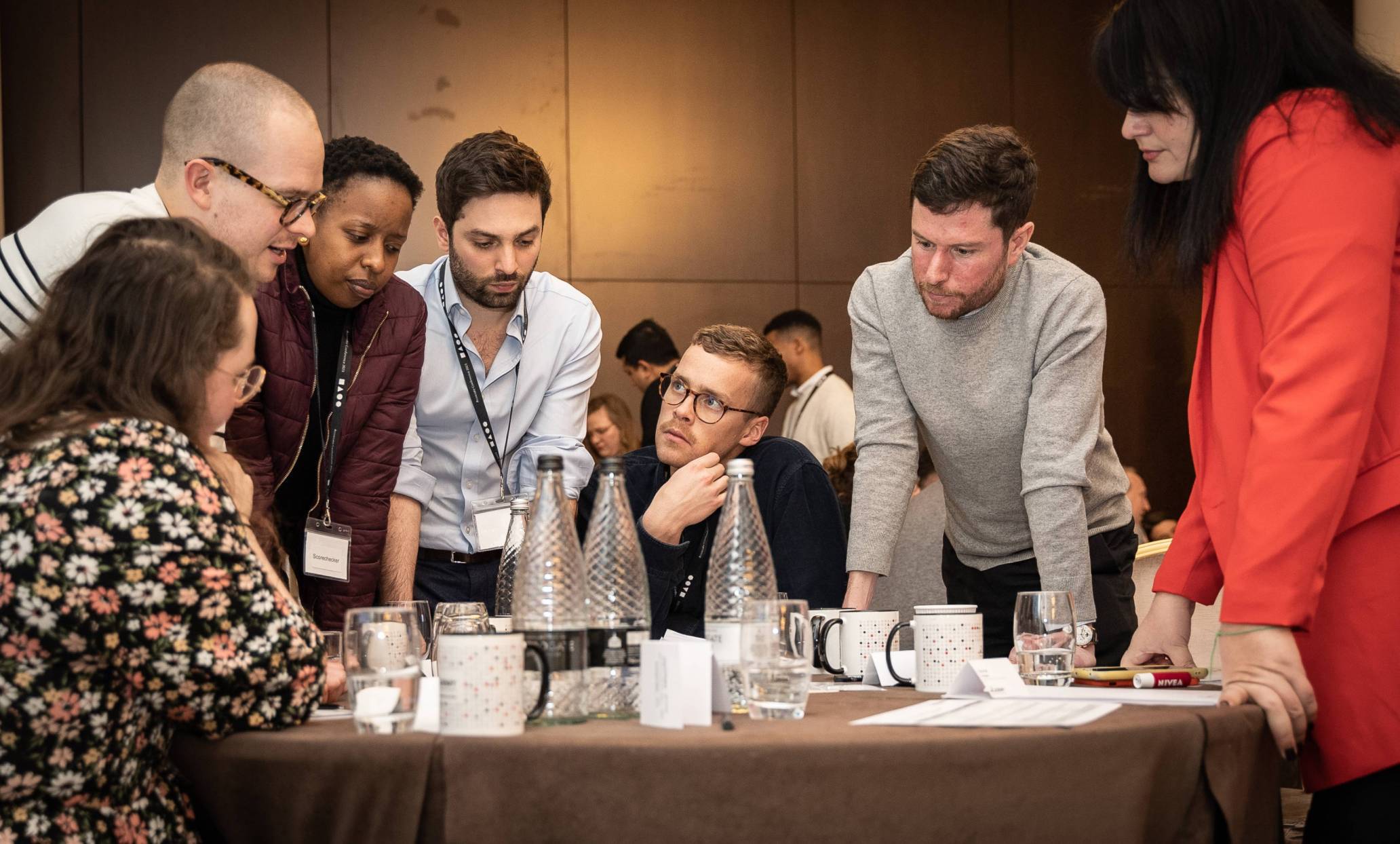ESG Report 2024: The rise of social sustainability
Discover the factors driving social sustainability up the boardroom agenda.
Discover the factors driving social sustainability up the boardroom agenda.

S-RM is a corporate intelligence and cyber security consultancy delivering intelligence, resilience, and response solutions to clients worldwide. Every day, we provide insights for businesses to power critical decision-making, inform strategy, and build resilience. And we’re here for organisations during times of crisis, responding to incidents with urgency, efficiency, and precision.
.jpeg?width=4338&height=2475&name=S-RM_Homepage_CTA(1).jpeg)
Get swift support 24/7 from our award-winning global incident response team.
Navigate business integrity and compliance challenges across all sectors and geographies.
Get expert insight and support on how to manage the complex cyber risks unique to your organisation.
Receive expert digital forensic support for complex and sensitive investigations and litigation.
Resolve disputes or internal investigations with robust intelligence. Receive specialist asset tracing support.
Understand your vulnerability to real-world threats with our tailored offensive security consultancy services.
Receive timely and actionable intelligence to inform your decisions, policies and programmes.
Understand all stages of your ESG journey and build effective ESG outcomes for your business.
Receive a rapid security response and expert advice during complex security incidents.
We examine the impact of recent law enforcement operations on the rate of criminal activity and explore what may be missing in the approach to reducing ransomware activity.
See the world from S-RM’s perspective. Our expert analysis provides an in-depth view of the lastest issues and trends, straight to your inbox.
Our people are the heart of our business. Find out more about our global team and the industry-recognised expertise we bring to our clients’ challenges.
At S-RM we pride ourselves in bringing together the sharpest minds from a diverse range of backgrounds, and fostering a culture that enables everyone to thrive. Our industry-leading professional development programme, the Academy, is one of the ways in which we do this.

Get industry news and expert insights straight to your inbox.